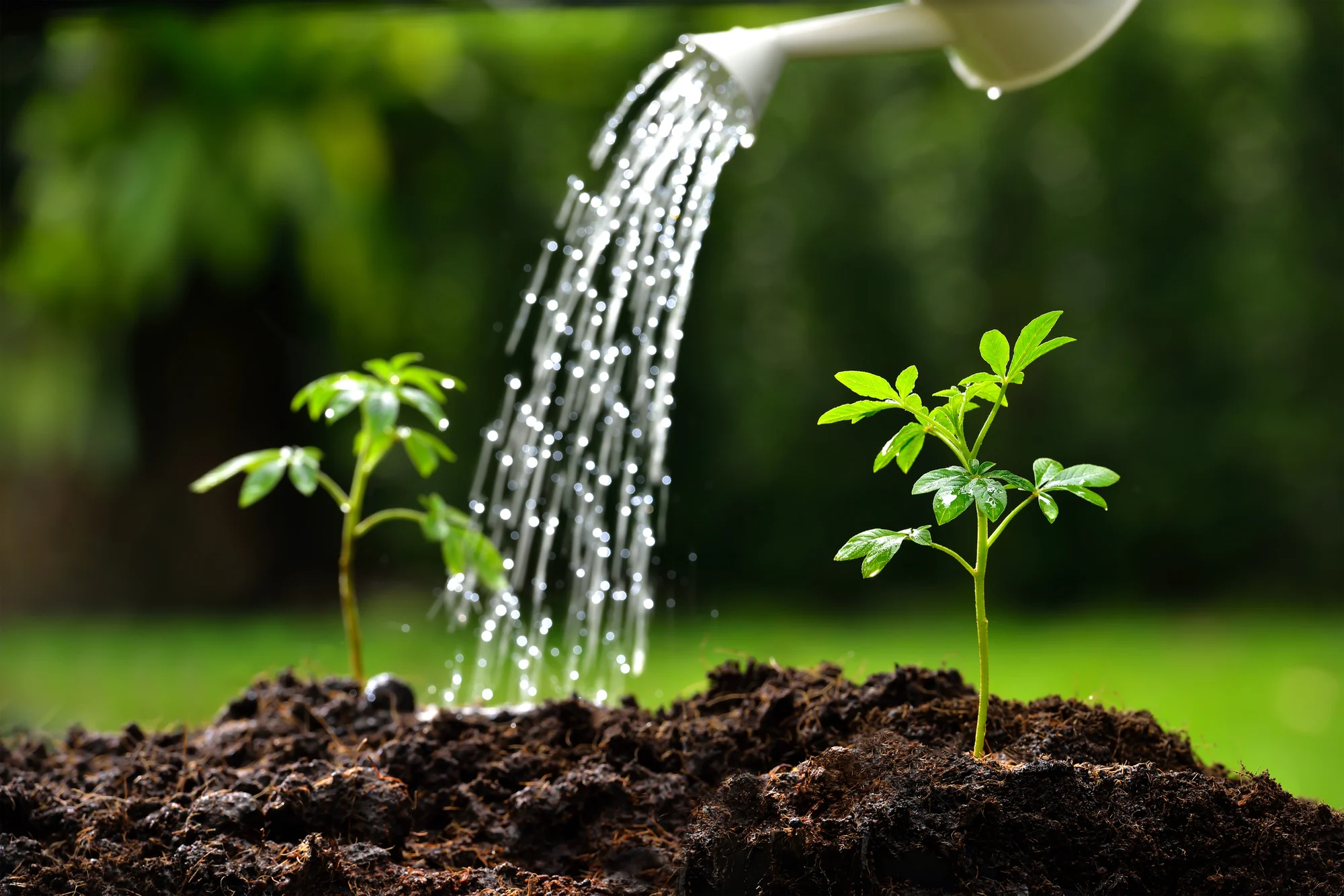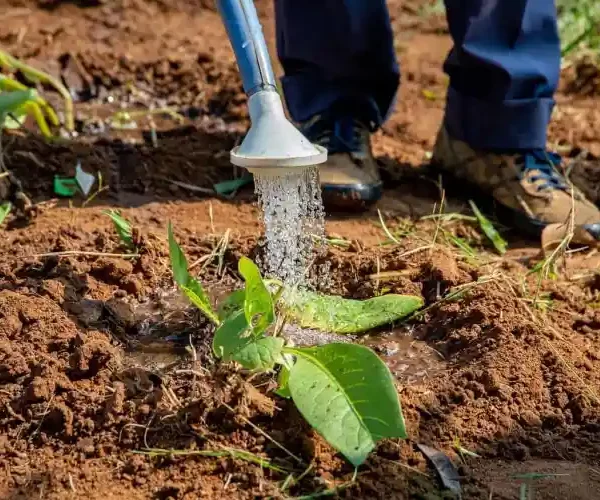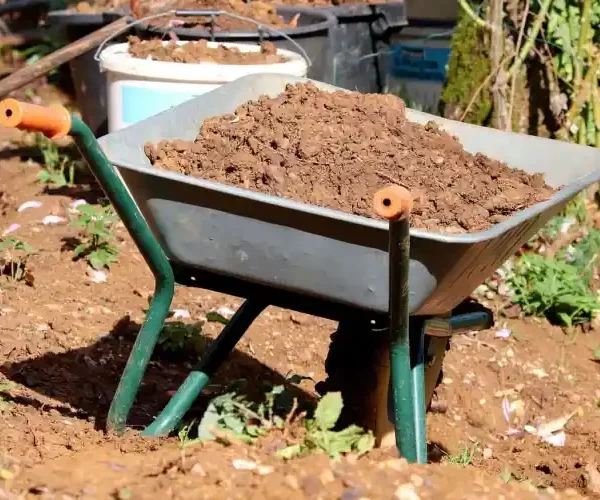Understanding Ozonated Water
Ozonated water is water infused with ozone (O3), a naturally occurring gas composed of three oxygen atoms. Ozone is a powerful oxidizing agent and disinfectant known for its ability to destroy pathogens and organic contaminants.
The Science Behind Ozonated Water
Ozone molecules in water release reactive oxygen species (ROS) upon contact, which can break down organic molecules and neutralize microbes. This process is touted for its potential to reduce pathogens without leaving harmful residues, unlike traditional chemical disinfectants.
Safety Considerations for Plants
Impact on Plant Health
Research suggests that ozonated water, when applied correctly, can potentially reduce pathogens on plant surfaces without adversely affecting plant health. It may even stimulate plant growth by improving nutrient uptake and reducing microbial stress.
Dosage and Application
Proper dosage and application methods are crucial. Excessive ozone levels or prolonged exposure can damage plant tissues and inhibit growth. Therefore, precise control and monitoring are essential to avoid detrimental effects.
Benefits of Ozonated Water in Agriculture
Pathogen Control
Ozonated water can effectively reduce bacteria, fungi, and viruses on plant surfaces, minimizing the risk of diseases such as powdery mildew and bacterial leaf spot.
Environmental Impact
Compared to chemical disinfectants, ozonated water breaks down into oxygen molecules without leaving harmful residues, offering a more environmentally friendly alternative.
Research and Case Studies
Studies from agricultural universities and research institutions have explored the efficacy and safety of ozonated water in various crop systems. These findings provide insights into its potential as a sustainable tool for integrated pest management (IPM) and disease control.
Practical Applications and Guidelines
Application Techniques
Methods such as foliar spraying, irrigation, and soil drenching can be used with ozonated water. Each method requires careful consideration of ozone concentration and contact time to achieve effective pathogen control without harming plants.
Regulatory Considerations
Regulatory bodies may have guidelines on the use of ozonated water in agriculture. Compliance with local regulations ensures safe and legal application practices.
Conclusion
Ozonated water shows promise as a safe and effective tool for plant pathogen control and agricultural sustainability. By understanding its mechanisms, benefits, and proper application techniques, growers can harness its potential while safeguarding plant health and environmental stewardship.
What is ozonated water, and how is it created?
Ozonated water is water infused with ozone (O3), typically generated by passing oxygen through an electrical charge to produce ozone, which then dissolves into water.
Is ozonated water safe for all types of plants?
While ozonated water can be beneficial for many plants, its safety and effectiveness can vary depending on the plant species and the concentration of ozone used.
How does ozonated water affect plant health?
Ozonated water can potentially improve plant health by reducing pathogens on plant surfaces, although excessive ozone levels can harm plant tissues.
Can ozonated water be used for organic farming?
Ozonated water is considered compatible with organic farming practices due to its natural decomposition into oxygen without leaving harmful residues.
What are the environmental benefits of using ozonated water in agriculture?
Unlike traditional chemical disinfectants, ozonated water breaks down into harmless oxygen molecules, minimizing environmental impact and pollution.
What precautions should be taken when using ozonated water on plants?
It is crucial to carefully monitor ozone levels and application methods to prevent ozone damage to plants and ensure effective pathogen control.
Are there any regulatory guidelines for using ozonated water in agriculture?
Regulatory bodies may have guidelines regarding the concentration of ozone permissible for agricultural use to ensure safety for plants, humans, and the environment.
How does ozonated water compare to other plant disinfection methods?
Ozonated water is valued for its ability to disinfect without leaving residues, unlike chemical disinfectants, which may leave harmful traces on plants.
Can ozonated water improve soil health?
Some studies suggest that ozonated water may contribute to improved soil health by reducing harmful microbes and pathogens that affect plant roots.
What research supports the use of ozonated water in agriculture?
Research from agricultural universities and institutions explores the efficacy of ozonated water in crop protection, providing insights into its potential benefits and optimal application methods.
- Best THC Sodas to Buy in Arkansas - May 28, 2025
- Exploring THC-Infused Sodas in Arkansas - May 28, 2025
- THC Beverages Now Trending in Alabama - May 28, 2025





